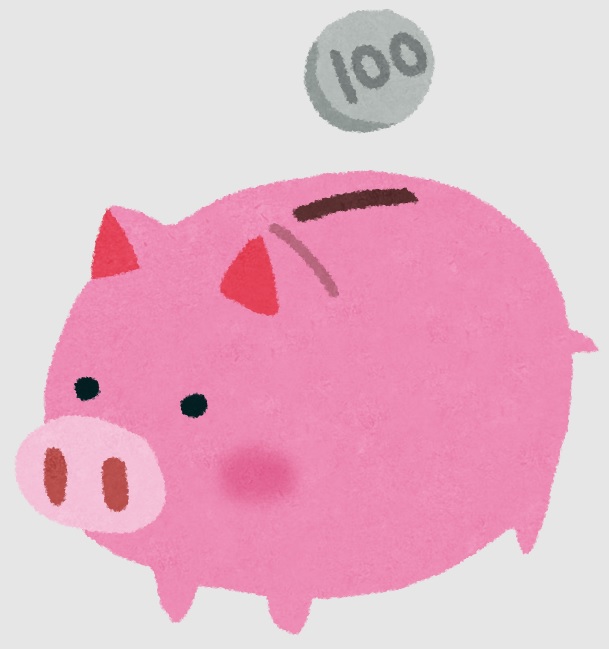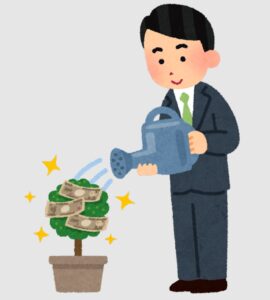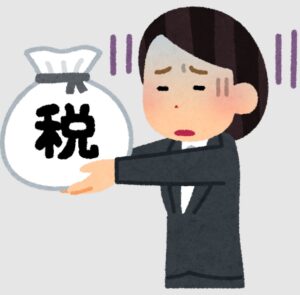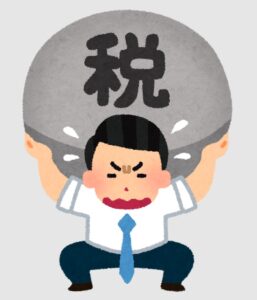管理人オススメコンテンツはこちら
「最初から無かった事にする|無駄なく、惜しまず。賢く生きるお金の極意」
〜前回のつづき〜
●お金を貯めたいなら~これが最短ルート~(つづき)

解決法(3)価格ではなく価値で判断出来るようになる
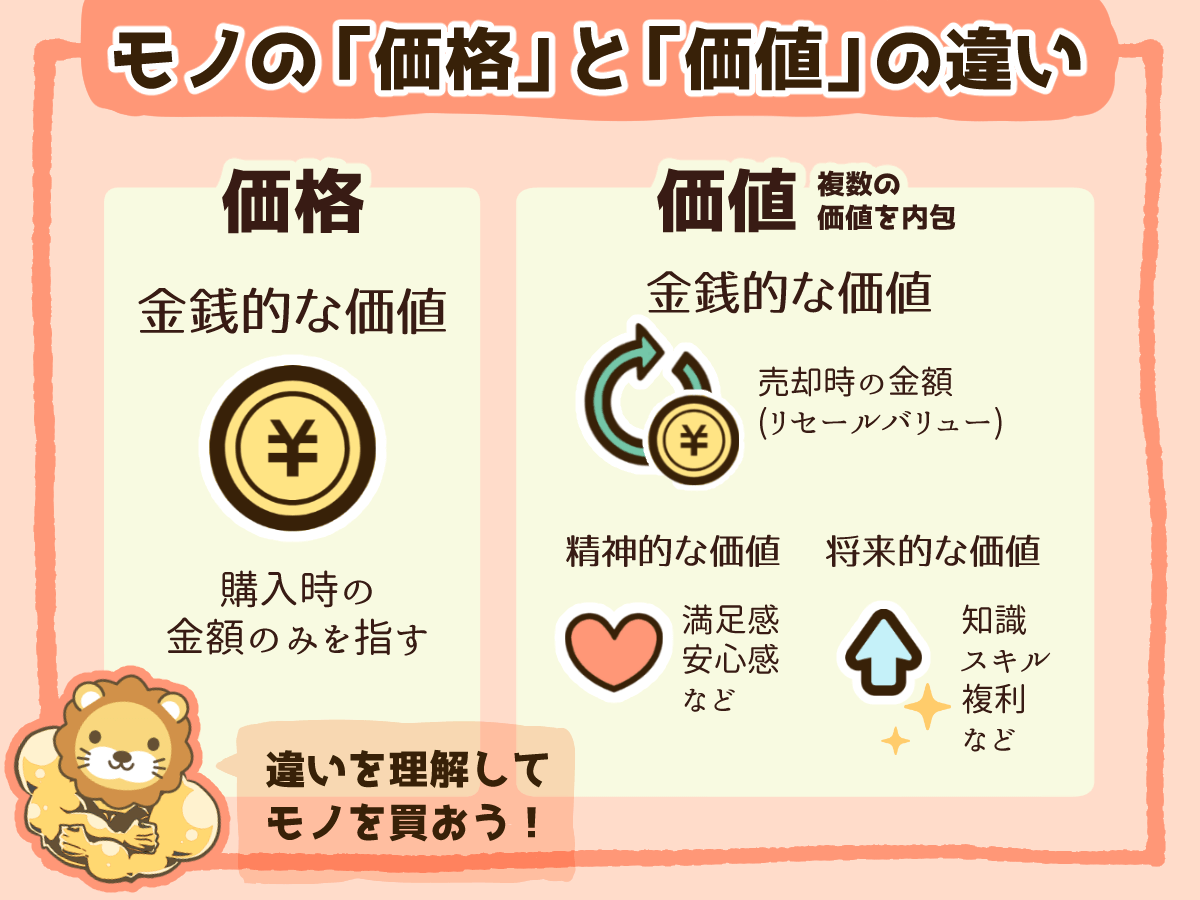
(出典:リベラルアーツ大学)
何か物を買う時に
値札じゃなくて
価値で判断出来るようになる
というのが大切ですね。
それから
・消費
・浪費
・投資
の違いを
ちゃんと判別出来るようになろう
という事です。
解決法(4)手取りが600万円あったとしても400万円の生活をする
これは手取りが
500万円であっても
400万円であっても
一緒ですね。
少し生活レベルを下げた生活をする
という事ですね。
例えば手取りが
600万円の人であれば200万円は
最初から無かった事にするという事です。
私自身は家計でも
個人事業においても結構やってて
このやり方は私自身は結構好きです。
多くの人が
収入が増えたら増えた分だけ
支出を上げてしまいがちです。
家賃が7万円の所に住んでたのに
年収が倍になったら
14万円のところに住みたがる。
それ自体は悪くないんですけど
圧倒的に稼いでいるのであれば話は別ですが
収入の分だけ支出を上げていってしまうと
当然の事ながらお金はたまりません。
そして
固定費を上げてしまうと
結構大変なんですよね。
コップの水が溜まったら
すぐ飲んじゃうような状態だったら
ちょっと厳しいですよね。
本当に一部の例外の人で
圧倒的に稼ぎきるという人がいて
そういう人達は
蛇口の水が馬鹿みたいに出てるので
考える必要はないです。
支出を削る必要が無い
という人も中にはいますよね。
解決法(5)収入も増やしていく
給料というのはなかなか上がらないので
副業で事業所得も増やしていきましょう。
解決法(6)節税もしていく
副業をすることで
事業所得を増やせたら
社会保険の負担が増えません。
あとは副業をすることによって
・青色申告
・各種控除
を活用できます。
これは
会社員の人でも使える控除は
全部使った方がいいですね。
解決法(7)経費を使う
この辺は以前もお話ししてますので
参考にしてみてください。
↓
●その他お得なテクニック
こちらも以前お話ししてますので
過去の記事含めて読んでみてください。
●まとめ
◆貯金のコツ三選
→(1)収入の一部を最初から無いものとして貯金する
(2)大きな目標と小さな目標を決める
(3)1ヶ月の支出をちゃんと把握する
◆なぜお金が貯まらないのか?
→問題(1)収入より支出が多い
問題(2)支出の内容を把握していない
問題(3)価格ではなく価値で判断出来てない
◆お金を貯めるにはどうすればいいか?
→解決法(1)目的や目標額を決める
解決法(2)支出を把握して見直す
解決法(3)価格ではなく価値で判断出来るようになる
解決法(4)手取りが600万円あったとしても400万円の生活をする
解決法(5)収入も増やしていく
解決法(6)節税もしていく
解決法(7)経費を使う
◆その他お得なテクニック
→過去の記事参照
〜〜〜つづく〜〜〜
Special Thanks college president Ryo.

●おまけ
≪≪Chat-GPTくんによる要約→perplexityちゃんによる文章まとめ≫≫
お金を貯めるためには、まず物を買う際に価格ではなく本当の価値で判断することが大切です。
また、「消費」「浪費」「投資」の違いを理解し、無駄な支出を減らしましょう。
さらに、収入が増えても生活レベルを上げすぎず、例えば手取りが600万円でも400万円の生活を心がけることで、自然と貯金が増えていきます。
加えて、給料だけに頼らず副業などで収入を増やす努力も重要です。
副業をすることで青色申告や各種控除など節税効果も期待できます。
経費を賢く使うことも手取りアップにつながります。これらを実践し、収入の一部を最初から貯金に回す習慣をつけることで、効率よくお金を貯めることができるでしょう。
Citations:
[1] https://www.nomura.co.jp/fin-wing/column/why-saving-your-money/
[2] https://www.nantobank.co.jp/kojin/column/006/
[3] https://www.keiyobank.co.jp/individual/column/asset/202204001.html
[4] https://www.meijiyasuda.co.jp/find2/light/knowledge/list/58.html
[5] https://www.resonabank.co.jp/kojin/column/shisan_kihon/column_0023.html
≪≪Chat-GPTくんによる英訳≫≫
~Continuing from last time~
【If you want to save money — The fastest route (continued)】
—
Solution (3): Learn to judge by value, not price
(Source: Liberal Arts University)
When buying something,
it’s important to judge based on its value,
not just the price tag.
Also,
learn to clearly distinguish between:
Consumption
Wasteful spending
Investment
—
Solution (4): Live as if your take-home pay is less than it actually is (e.g., live on 4 million yen even if you earn 6 million yen)
This applies whether your take-home pay is 5 million yen or 4 million yen—
the idea is to live a bit below your means.
For example, if your take-home pay is 6 million yen,
consider 2 million yen as “nonexistent” from the start.
I personally use this method in both my household budget and my business,
and I quite like this approach.
Many people tend to raise their expenses as their income increases.
For example, if your rent was 70,000 yen but your income doubles,
you may want to move to a place costing 140,000 yen.
That’s not inherently bad, but unless you’re earning significantly more,
increasing expenses proportionally will naturally prevent you from saving money.
Moreover, increasing fixed costs can be tough to manage.
It’s like constantly drinking water as soon as the glass fills up—
it’s a difficult state to accumulate savings.
There are rare exceptions—people who earn overwhelmingly large amounts,
for whom this doesn’t apply,
because their “tap” is flowing like crazy and they don’t need to worry about it.
Some people don’t need to cut expenses at all.
—
Solution (5): Increase your income
Since salary rarely rises much, increase your business income through side jobs or freelance work.
—
Solution (6): Do tax-saving strategies
By increasing business income through side jobs,
you avoid increasing social insurance burdens.
Also, you can use:
Blue tax returns
Various deductions
Even salaried workers should use all available deductions.
—
Solution (7): Use business expenses
This has been discussed before, so please refer to previous content:
\[#50 How salaried employees and sole proprietors can increase their take-home pay – Part 1]
—
Other useful tips
Also covered in previous articles—please review past posts for more.
—
【Summary】
Three key saving tips:
1. Set aside part of your income as if it doesn’t exist from the start
2. Set both big and small goals
3. Keep accurate track of your monthly expenses
—
Why don’t people save money?
1. Expenses exceed income
2. They don’t understand their expense details
3. They judge by price, not value
—
How to save money?
1. Set goals and target amounts
2. Track and review expenses
3. Judge by value, not price
4. Live as if your take-home pay is less than it actually is
5. Increase income
6. Use tax-saving methods
7. Use business expenses
—
Other useful tips:
See past articles for details.
Special Thanks OpenAI and Perplexity AI, Inc
